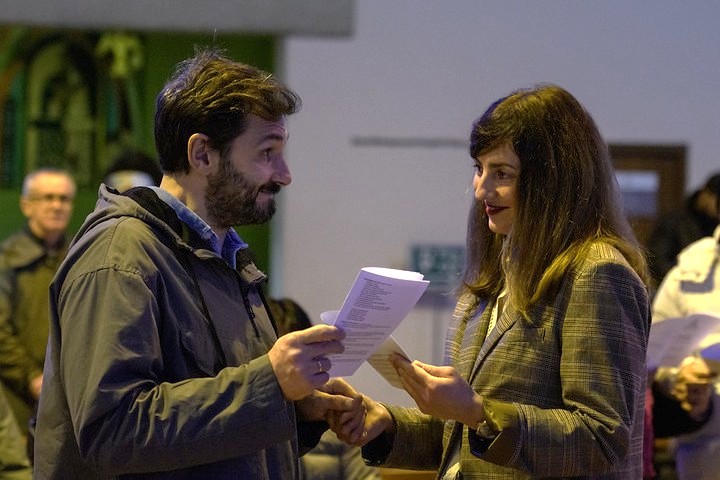
The vocation of marriage is written into the nature of man and woman. God created it to be a loving union of man and woman and the foundation for family life.
In the vows spoken at a Catholic wedding, we hear about the self-sacrificial love on which a strong marriage is built. ‘ … To have and to hold from this day forward, for better, for worse, for richer, for poorer, in sickness and in health, until death do us part.’
God’s vision for marriage is fruitfulness, that it be a safe and loving environment for children and a witness of love in society.
‘The well-being of the individual person and of human and Christian society is intimately linked with the healthy condition of that community produced by marriage and family.’ - Pope Paul VI

The Code of Canon Law states that the ‘essential properties of marriage are unity and indissolubility, which in Christian marriage obtain a special firmness by reason of the sacrament.’ [Can. 1056]
‘Indissolubility’ means that as a sacred sacrament, a Catholic marriage cannot be ended by divorce.
While unity and indissolubility are the essential parts of a Catholic marriage, these are foundations and there is of course more to it than that. The Catechism describes God’s plan for marriage this way.
‘Since God created him man and woman, their mutual love becomes an image of the absolute and unfailing love with which God loves man. It is good, very good, in the Creator's eyes. and this love which God blesses is intended to be fruitful and to be realized in the common work of watching over creation: "and God blessed them, and God said to them: 'Be fruitful and multiply, and fill the earth and subdue it.'"’ Catechism of the Catholic Church [1604]
Yes, Catholics can marry non-Catholics.
If a Catholic wishes to marry a non-Catholic, they must meet all the criteria for a valid Catholic marriage and then seek the permission of the local bishop to marry a non-Catholic.
If the non-Catholic is a Christian, this permission is known as ‘permission to enter into a mixed marriage’ but if they are a non-Christian, this permission is known as a ‘dispensation from disparity of cult.’
For faithful Catholics, dating should be viewed as a discernment in which you are seeking whether this relationship is God’s will for you and for the other person. This means praying throughout the process and being open-handed to what God’s will for this relationship is.
Without adding undue pressure to your discernment, you must at some point be able to see yourself marrying and having a family with this person. If you cannot see this as a likely future, then your discernment has been clearly answered.
Therefore, a dating relationship that ends in going your separate ways is not a failure, but a successful discernment, in which it became clear what God’s will for you both was.
If you would like pastoral support on marriage and family life, our Pastoral Development team would be happy to help!